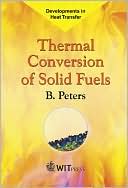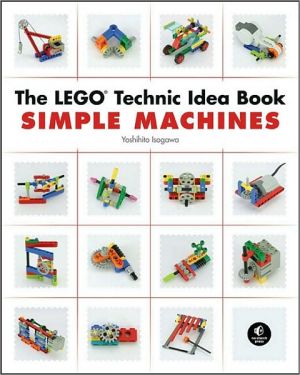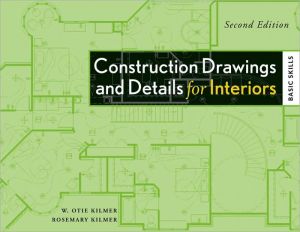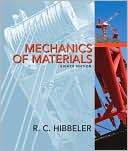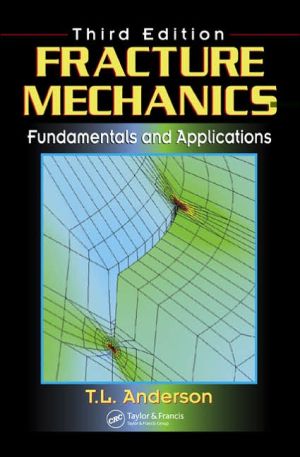Thermal Conversion of Solid Fuels (Developments in Heat Transfer Series), Vol. 15
Search in google:
This book deals with the complex processes and various aspects of thermal conversion of solid fuel beds. The book describes the decomposition of the entire process into its major influencing sub-processes based on their contribution to the energy and species balance. Three major areas of engineering (computational fluid dynamics, motion of granular media, and combustion as simulation tools) describe these sub-processes. All three areas are introduced thoroughly along with their complementary contribution to the simulation of the entire process. This leads to a deeper knowledge of both the physics and chemistry of thermal conversion and contributes to improvement of plants and a better design. The book is intended to be a textbook. It offers a detailed review of current simulation techniques for the thermal conversion of packed beds. Besides the analysis of the entire process in conjunction with its physical and chemical background investigation into the different aspects of packed bed combustion, it provides valuable information to the experienced engineer and postgraduate. The book covers both the thermodynamic, including chemical reactions, and the fluid dynamic aspects of packed bed conversion. After a general description of the phenomena of packed bed conversion, a analysis of the relevant processes is presented. It identifies the processes of major influence on the conversion of the packed bed and thus establishes guidelines for the simulation method. It distinguishes itself from current approaches, which are dealt with in an extended literature review, in so far that a packed bed is considered an ensemble of fuel particles. Thus, the numerical method takes into account particle processes such as heat-up, drying, thermal degradation and gasification in conjunction with the motion of particles in combustion devices. The motion of particles is simulated within a Lagrangian frame of reference. State-of-the-art methods are employed to simulate the flow of air with the void space of a packed bed and heat and mass transfer between the solid and gaseous phase. Implementation is carried out by modern object-oriented programming techniques. Experiments and predictions of the model cover thermal conversion of both a single particle and a packed bed. Thus this approach provides detailed results and highlights important aspects of the relevant processes. WASTE MANAGEMENT The book is very interesting reading because it presents a new method that is able to quantify sustainability and thereby better control our management of the natural resources.
1Introduction11.1Thermal conversion of a packed bed11.2Relevant physical processes61.3Objectives121.4Review162Numerical models292.1Thermal conversion of a single particle302.2Thermo- and fluid dynamics in a reacting packed bed472.3Particle motion in packed beds523Object-oriented techniques in TOSCA773.1Elements of object-oriented programming783.2TOSCA class library804Validation and predictions854.1Conversion of a single particle854.2Motion of particles1204.3Conversion of a packed bed1345Conclusions155Acknowledgements158A: Nomenclature159B: Experiments for validation163C: Numerics169Bibliography177Index203
